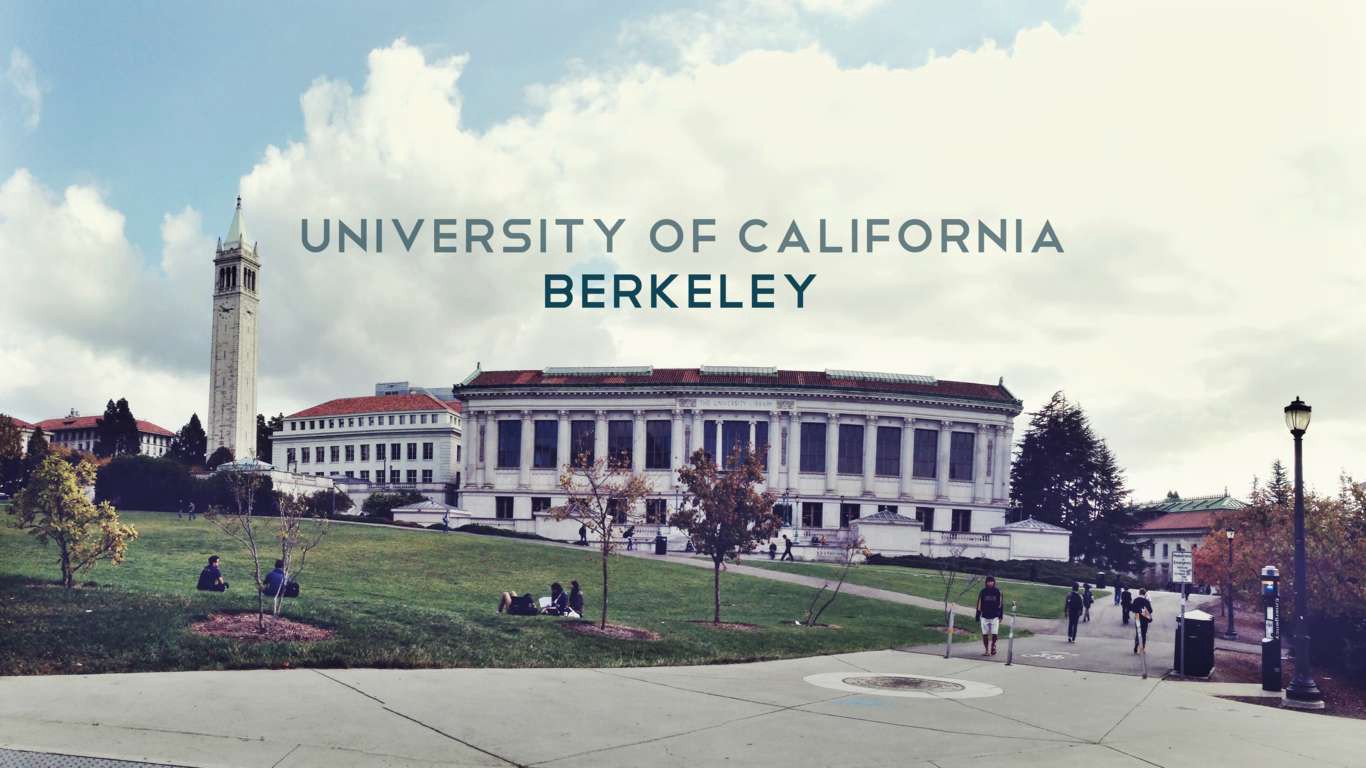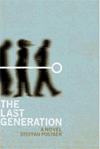Letter to my Professor at Berkeley. Just because…
November 22, 2020
My philosophy as it relates to diagnosis and treatment has evolved since I first became clean and sober in 2003. While I began (and continue) my path to recovery as a member of Alcoholics Anonymous, I have never completely accepted a number of its foundational tenants. For example, I remain uncomfortable ascribing to the disease model espoused by AA (and elsewhere). I believe every person with a substance use disorder played a major role in creating their problem (routinizing bad decisions), and they will need to do the same in recovery (changing the behavior). I recognize the usefulness in calling alcoholism a disease in terms of framing the therapeutic aspects of 12-step recovery models and in determining healthcare policies, qualifying for insurance, etc. Like with any disease, I also believe that alcoholism and drug addiction are progressive in nature.
As a counselor, I adhere to the five ethical principles: Autonomy, Beneficence, Fidelity, Justice and Nonmaleficence. Realizing that while each has specificities all are beholden to the other. Indeed, one may be in conflict with another, such as confidentiality and the potential for imminent harm. Untangling a sticky ball requires a measured hand. In a given situation, if right and wrong are not crystal clear, my intent will be to discuss options and scenarios with my peers before acting. One of the most important words booming from your lesson plan: CONSULT! I look forward to that collaboration.
The first thing I learned in Journalism school there is always two sides to a story. Likewise there are multiple stories for every individual who suffers from alcohol or chemical dependency. A person’s drug narrative is often shaped by their genealogy as well as environment. Things like family structure (or lack thereof), social groups, ethnic and cultural norms and other issues almost always play a role in the formation of a substance use disorder. How could they not? Therefore, a counselor worth his or her salt must be culturally competent beyond what passes for acceptable in today’s divisive political climate. Working in the field I know this is an area I must continue to develop, letting go preconceived notions I may be harboring.
Specifically, regarding your class, I very much appreciated the flow, tone and manner of each session. Given the myriad technology issues and the upside-down nature of 2020, I found this course almost therapeutic! Yes, it was a lot of work but the curriculum was such that I could immerse myself in it, whether absorbing content or creating it. So… thank you!
Like many of my classmates reported I also enjoyed and appreciated the role-playing activity. “Practice” like that is always appreciated. Yet, my favorite part of the course was/is the active discussion concurrent to your lectures. Spirited discussion with peers and professor works for me; I like learning this way!
Creating my presentation piece was, dare I say, fun. Immersing myself into the content was of course beneficial from a learning perspective. But the assignment was stimulating from a creative perspective as well. Making slides. Creating graphics. Presenting to the team. Giving and receiving these presentations was time well spent.
Finally, thank you Dr. ——- for your efforts in trying to keep the Certification Program going. Whatever happens, I appreciate knowing my commitment to this coursework is valued beyond its profit margins or lack thereof.
How to save a life.
February 23, 2020

My philosophy as it relates to recovery has evolved since I first became clean and sober in 2003. While I began (and continue) my path to recovery as a member of Alcoholics Anonymous, I have never completely accepted a number of its foundational tenants. For example, I remain uncomfortable ascribing to the disease model espoused by AA (and elsewhere). I believe each person with a substance use disorder has played as major a role in their problem (routinizing bad decisions), as they will in their recovery (changing the behavior). However, I recognize the usefulness in calling alcoholism a disease in terms of framing the therapeutic aspects of 12-step recovery models and in determining healthcare policies, qualifying for insurance, etc. Like with any disease, I also believe that alcoholism and drug addiction are progressive in nature.
What I most cherish about the program of Alcoholics Anonymous and what I will carry with me into counseling is the knowledge (contrary to some medical opinion) that nothing aids in the recovery of an addict or an alcoholic like another addict or alcoholic. (It’s why I want to be a counselor.) I know there are other modalities and practitioners capable of accomplishing the task. But one is hard-pressed to find a better ally than experience, strength and hope. I am a big believer of therapeutic self-disclosure. As a drug and alcohol counselor, I will establish empathy with my clients while establishing reasonable boundaries.
What I will leave behind from 12-Step recovery vocabulary is the utter reliance on a Higher Power to achieve sobriety. For one thing it would be hypocritical! Additionally, I will be open-minded to harm reduction as an option for certain patients as opposed to total abstinence. And so on. The point is I intend to be a therapist in the modern world… not a book-thumping old timer.
Having been clean and sober for nearly twenty years, I am deeply familiar with the 12-step model for recovery (I actively participate in Alcoholics Anonymous and am grateful for the program) but I also recognize that AA and NA are not treatment programs and that there are other modalities and therapies for helping patients achieve long-term sobriety.
Though I am middle-aged, I feel my message resonates with young people and I am interested in helping them in particular. Part of this reasoning has to do with my own recovery journey and how I have always endeavored to tailor my message to those still raw in their recovery, or even still using. I feel a kinship with individuals who struggle accepting AA’s first step: that of being powerless over drugs and alcohol and accepting that their lives have become unmanageable. Powerlessness is a cop out. We do have power to change the things we can. I did. And I can help others to do so as well. Part of my message will be about healthy replacement strategies for drugs and alcohol, of which there are many.
Additionally, I have always had a tenuous belief in the concept of a Higher Power, let alone one being necessary to achieve sobriety. I have seen too many addicts and alcoholics (and those still not sure) simply turn away from 12-step programs because of the “God thing.” I was and am able to “work around” my own agnosticism and I do not necessarily believe that a spiritual component is critical to recovery. Redefining spirituality for every patient is the start of a discussion not the end of one. Along those lines, I can help patients see the wisdom of 12-Step programs, despite their ambivalence. Statements like this: AA helped me despite my qualms; it might be able to do the same for you. Not this: Without a Higher Power, your chances for sobriety are nil.
As a counselor, I will adhere to the five ethical principles: Autonomy, Beneficence, Fidelity, Justice and Nonmaleficence. Realizing that while each has specificities all are beholden to the other. Indeed, one may be in conflict with another, such as confidentiality and the potential for imminent harm. Untangling a sticky ball requires a measured hand. In a given situation, if right and wrong are not crystal clear, my intent will be to discuss options and scenarios with my peers before acting. I look forward to that collaboration.
In college, I studied journalism. The first thing I learned was that there is always two sides two a story. Likewise there are multiple stories for every individual who suffers from alcohol or chemical dependency. A person’s drug narrative is often shaped by their genealogy as well as environment. Things like family structure (or lack thereof), social groups, ethnic and cultural norms and other issues almost always play a role in the formation of a substance use disorder. How could they not? Therefore, a counselor worth his or her salt must be culturally competent beyond what passes for acceptable in today’s divisive political climate. As I ready myself for work in the field I know this is an area I must continue to develop, letting go preconceived notions I may still harbor and would be harmful to providing exemplary care and therapy.
Back to School.
February 16, 2020

You’re studying to be certified as a drug and alcohol counselor. After 30 years, back to school. At Berkeley no less! Is this the end game: parlaying your alleged gifts as an AA speaker into a vocation? You wouldn’t be the first. In every class so far at least half the students are recovering alcoholics and addicts, like you. The others already work in the field, getting certified in order to advance their positions: in treatment facilities, government and social services, caregivers.
Your wife is at school, too, and is nearly finished getting her degree in interior design. For three years, she’s been dutifully driving to the city two nights a week. You believe part of a plan for when you’re out of the picture. A security blanket, if you will, having a job in a world she knows so well. It’s also admirable, her continuing education. That’s what people say about a thing like that; it’s the party line. Finally, you suppose, it is something to do. A learning experience, literally.
Now it’s your turn. Advertising will be what you must now call your “previous life.” After 25 years, the ad game is over, its last cards turned over. You tell yourself that counseling is the door opening and believe it, for the most part. Helping others, you think, will have meaning, and be purposeful. Shame you’ve never been particularly good at it: helping others. There are those who called you a mentor but you can count them on one hand and, being honest, you think they may have been just saying so, for whatever reason. What you hold onto, what you must in order to continue the classes, is that you can and do help people who are addicts and alcoholics. They tell you so all the time, at meetings, after you share, and this was not a place for lying.
Author’s note: Would you like to read more of this? Or maybe there is something I can help you write?



 The Happy Soul Industry
The Happy Soul Industry The Last Generation
The Last Generation